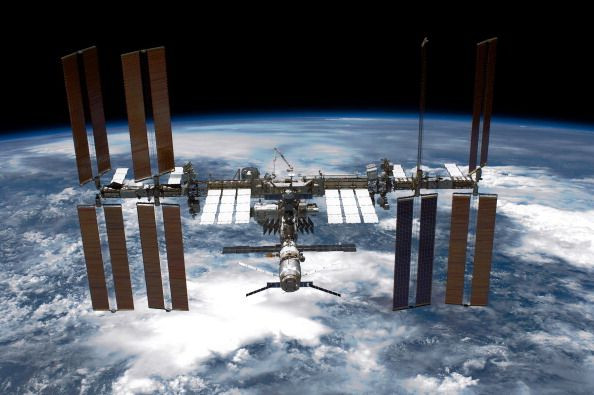Danger To ISS From Debris Of Destroyed Indian Satellite Has Risen, Says Russian Scientist

There probability of the debris from the satellite, which India had destroyed in orbit during a test on March 27, puncturing the International Space Station (ISS) has gone up by 5 percent, the Russian space agency has said.
The executive director for Manned Space Programs at Russia ’s State Space Corporation, Roscosmos, Sergei Krikalev said more debris is being tracked. Krikalyov made the statement at a session of the Russian Academy of Science’s Space Council.
India's Prime Minister Narendra Modi had said in a televised address that the test had enable India to join the club of the world’s space powers, which includes China, USA and Russia. The satellite was destroyed by an interceptor missile after an initial failed attempt a few weeks earlier.
In April, NASA called India’s destruction of the satellited as a "terrible thing." Jim Bridenstine, the space agency's chief, had said that "400 pieces of orbital debris" were created by the test, and they could endanger astronauts on the ISS.
“That is a terrible, terrible thing to create an event that sends debris at an apogee that goes above the International Space Station. That kind of activity is not compatible with the future of human space flight,” Bridenstine had said.
Meanwhile, the European Union has initiated a RemoveDebris mission to remove debris in space. Guglielmo Aglietti, the director of the Surrey Space Centre in England, explained that they are looking at eliminating old satellites and other debris in space as they pose the "biggest threat" to the International Space Station.
Aglietti said these debris can break into thousands of fragments if they collide with each other or other objects in space. “Rather than trying to remove smaller bits, which would be technologically very challenging, we think the best is to remove large pieces, especially those in busy orbits.”
Experts worry that as rocket launches continue and more debris is created, it would become too risky to launch new satellites. John Crassidis, a professor of mechanical and aerospace engineering at the University at Buffalo, expressed concern that if nothing is done sooner, the probability of a collision in space is much closer.
© Copyright IBTimes 2024. All rights reserved.





















